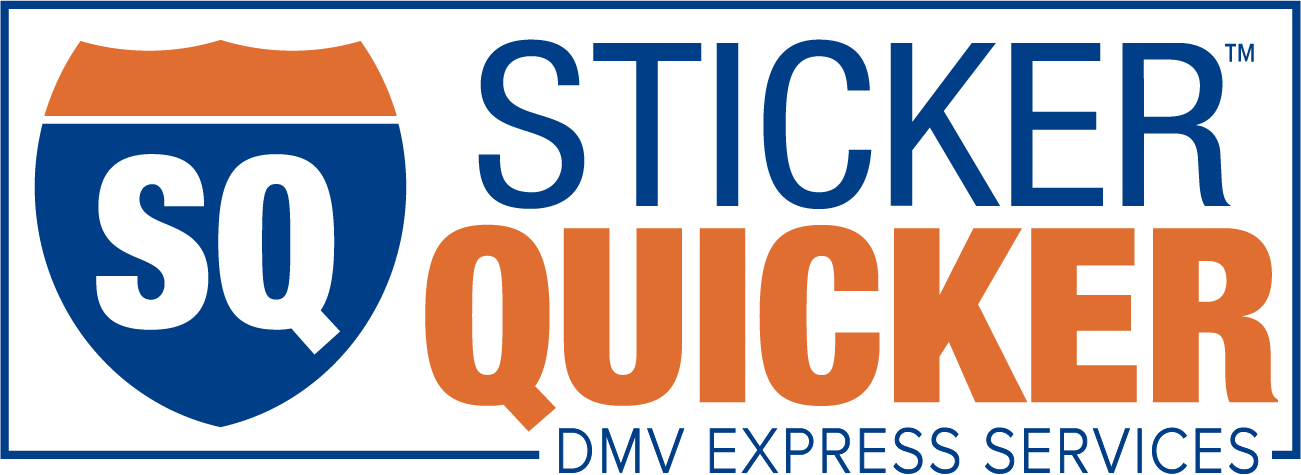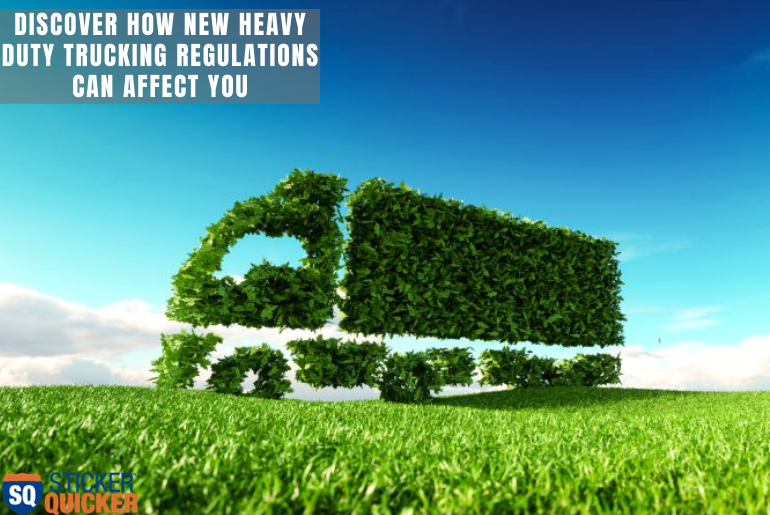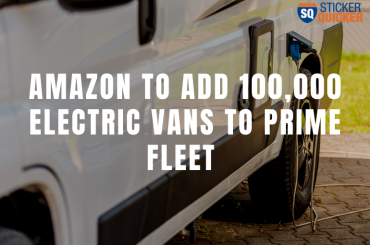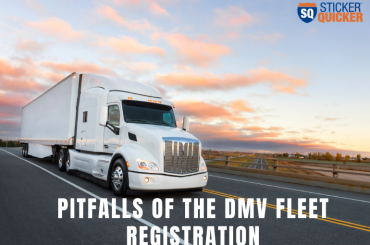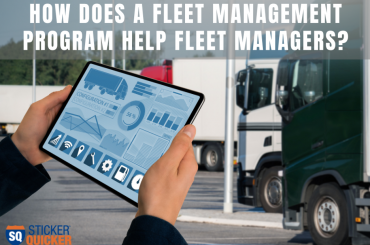Though cars and trucks provide convenience and flexibility, these vehicles are the main source of air pollution in the country. Over the years, pollution has caused immense damage to our environment causing and worsening climate change. Passenger vehicles and heavy-duty trucks are amongst the top contributors to air pollution by emitting particulate matter and smog. California has decided to do its part in combatting transportation-related air pollution, by implementing laws that reduce emissions, especially in heavy-duty trucks.
Continue reading to discover how the new California heavy-duty trucking laws could impact you or your company.
The state of California has planned to attain cleaner air conditions since 2012 and with the help of the California Air Resources Board (CARB) has been able to implement many heavy-duty trucking regulations that will improve air quality over the years. In a recent effort to reduce vehicle emissions, the United States Environmental Protection Agency (EPA) has settled with six companies for violating regulations put in place by the CARB. Coca-Cola and Dean Foods Company are two of the companies responsible for violating these regulations by not meeting emission standards.
All of the settlements involved companies that failed to install filters on their heavy-duty truck or failed to verify that their trucks complied with California state laws. When not equipped with required emission controls, Heavy-duty trucks can produce a high level of emission, especially older models. Diesel exhaust emissions are responsible for 70% of airborne toxins such as soot or small particle air pollution which can be linked to health problems such as asthma, lung development, and cancer.
Read on to discover the new California Heavy-Duty truck regulations.
The New California Regulations
Regardless of where you are located, in or out of state, companies that travel through the state of California to transport cargo or goods are required to comply with the regulations. CARB’s Truck and Bus regulation requires that companies upgrade their vehicles to meet specific standards. These regulations apply to class four vehicles and heavier (vehicles that weigh more than 14,00 lbs). Heavy-duty trucks produce high amounts of particulate matter and nitrogen oxides, which is a by-product of burning fossil fuels. So in order to meet emission standards, trucks must meet 2010 engine emission requirements and/or use diesel particulate filters by January 2023.
The ultimate goal of California’s new regulations is to move away from diesel-powered vehicles to zero-emission vehicles to phase out diesel-powered vehicles by the year 2050. By implementing these standards, the state can reduce emissions in the atmosphere by 85%. California plans to take quick action in cracking down on air pollution to prevent further damage to the environment.
There will be a grace period of a few years before the law will be effective. The initial pilot program has already been put in place, but within two years of the pilot program, the California Air Resources Board will begin implementing the smog check program and full regulations. Truckers will then be required to have their vehicles smog checked in order to operate a heavy-duty truck legally in the state of California.
All trucks will be required to have smog check certificates and verify compliance even if the vehicle is not registered in the state of California. The smog check law requires Heavy-duty trucks to receive inspections to test emission control effectiveness. If a truck does not comply with or meet the regulations, the company will not be able to register the vehicle to the California DMV.
In this next point, discover how California plans to phase in its new regulations.
Phasing in the new regulations
As of today, the California Truck and Bus regulation are already in effect. The state has begun enforcing its compliance schedule for all heavy-duty trucks currently on the road. Even though the regulations are not in full effect, the Board can place a block on any vehicle that does not meet all California air quality regulations. Starting in 2020, the DMV will begin blocking vehicles older than 2010 from registration. The compliance schedule for vehicles between 14,000 and 26,000 pounds is:
- January 1, 2020, for vehicles 2004 and older
- January 1, 2021, for vehicles between 2005-2007
- January 1, 2022, for vehicles between 2008-2010
The compliance schedule for vehicles over 26,000 pounds is:
- 2000 and older must comply by January 1, 2020
- 2001-2005 vehicles must comply by January 1, 2021
- 2006-2007 vehicles must comply by January 1, 2022
- 2001-2010 vehicle must comply by January 1, 2023
The state of California is known for having stricter transportation laws than the federal government. The state will continue to do its part in lowering air pollution in the atmosphere and improving air quality in California. The Truck and Bus regulation will crack down on all heavy-duty trucks from and traveling through California. Prepare yourself while you can, the regulations will soon be in full effect.
Sources: https://ww2.arb.ca.gov/our-work/programs/truck-and-bus-regulation https://www.trucks.com/2019/09/24/california-mandates-smog-checks-heavy-duty-trucks/ https://www.ccjdigital.com/california-tightens-truck-emissions-regs-with-two-new-laws/ https://www.ccjdigital.com/carb-to-begin-blocking-certain-trucks-dmv-registrations-in-2020/ https://www.epa.gov/newsreleases/us-epa-settles-six-companies-over-california-trucking-rules https://www.truckinginfo.com/157883/5-compliance-tips-for-straight-truck-drivers https://www.ucsusa.org/resources/vehicles-air-pollution-human-health https://www.nrdc.org/stories/air-pollution-everything-you-need-know
